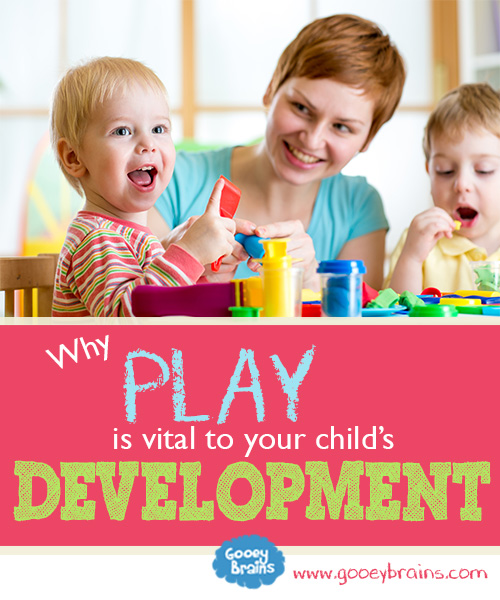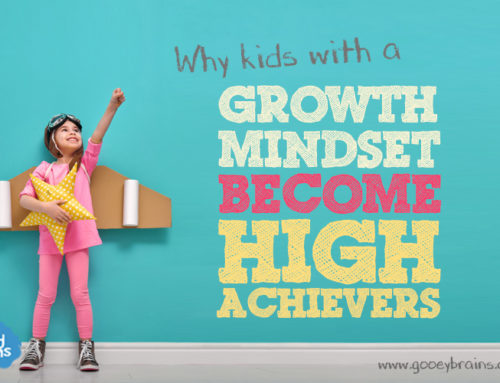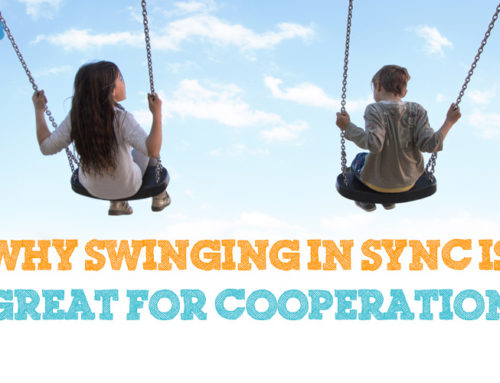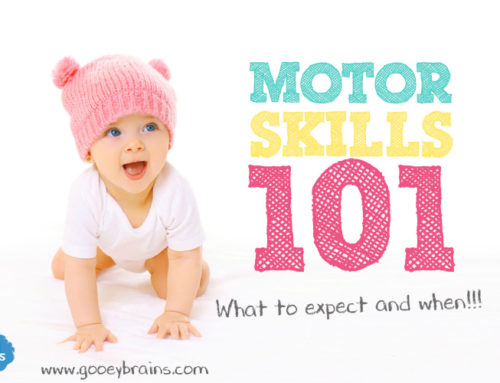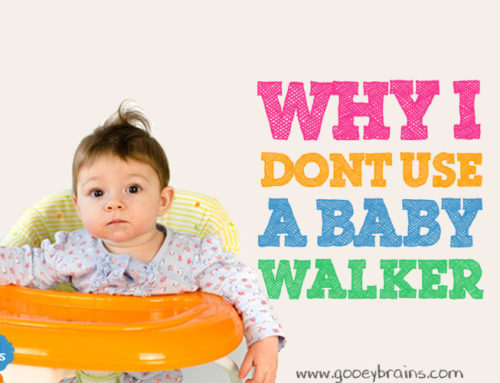Your child is simply amazing! Always evolving, growing, changing and learning. But how do they do it? Did you know that playing is a major part of this process? While your child is busy playing there are incredible things happening to help their physical, cognitive, social and emotional development? This all happens naturally while your child plays – and, for the most part, you won’t even notice. How clever is that?
Playing is a natural part of growing up, it’s fun, creates happiness and laughter but more importantly, it provides an enormous amount of benefit. It plays a vital role in your child’s cognitive, physical, social and emotional development. It begins from as early as infancy and the development continues all the way through childhood and into their teens. Through play children will learn to discover themselves, their community, their friends and begin to understand the world around them.
When children play it provides an abundance of important benefits for their development but above all it is one of the joys of childhood and its importance is such that it has been recognised by the United Nations as a vital and integral part of child development.
http://www.ohchr.org/en/professionalinterest/pages/crc.aspx
How Playing helps children develop
Cognitive development
Play is such an essential part of growing up, but what most parents don’t realise is that it actually plays a very important role in a child’s brain / cognitive development.
From infancy all the way through to the teens, play provides a number of really crucial benefits to children.
It helps builds;
- Creativity
- Imagination
- Dexterity
- Physical strength
- Cognitive strength
- Emotional strength
From an early age children will begin playing and interacting with the world around them. Play will look different at different ages but what you will find is that through playing children will learn about their world, they will get comfortable and then begin pushing the boundaries as they develop. Children will all play differently and in any number of ways that their imagination will allow, but it will all be at their own pace, exploring, learning, conquering fears and practicing roles. It is this gradual exploration of situations that allows them to develop and equip themselves with the skills they will use to handle situations later in life.
Good quality play it is filled with laughter, joy, happiness, sadness, crying and tears…. as any parent will confirm it will contain the full range of emotions.
This is super important… it’s here that children are learning how to deal with situations, other people and experiences all within the confines of their safe environment. It is here that play is providing the opportunities for children to develop resilience and enhanced confidence; they are developing the ability to cope and handle themselves so they are ready for future challenges.
As you have probable seen play can comes in many different forms, it can be made up between multiple children, can be with or without adults or can be directed or undirected. A childhood full of variety is essential, as all the varying types of play contribute in different ways to brain development.
For example undirected play will teach children too;
- Work in a group
- Share
- Negotiate
- Resolve conflicts
- Learn self-advocacy skills
- Leadership skills
- creativity
When play is allowed to be child driven, it allows them to;
- Practice decision making
- Move at their own pace
- Discover their own areas of interest
- Develop interests / passions that they wish
Rough and tumble play with adults and children can help develop;
- Increase activity levels
- Develop motor skills
- Enhances self-regulation
- Help fathers bond with their children
Play also needs to be recognised as an integral parts of school life. By including adequate levels of play with the school environment it has been shown to enhance children’s;
- Learning readiness
- Learning behaviours
- Problem solving skills
Emotional Development – Relationships
Play with your kids as much as possible.
The bond that is created between a child and parent is crucial to their development and one area that helps build and maintain this bond is playing. Secure attachment is vital to children and the direct contact you have with your child, provides them with the loving and stable environment they need to develop.
When a parent engages in play with their child a number of things happen,
Firstly, they begin to see the world through their child’s eyes and are able to see things from the child’s perspective. What this does is allows parents to better communicate with their child and lets them better understand their child’s needs allowing them to respond in a quicker and more accurate fashion.
This change in perspective from the parent can also be very important for children who are less verbal or struggle to communicate. By better understanding their child, parents are able to give them better care by understanding the frustrations and problems that the child might be experiencing.
By far though one of the most important aspects of the interaction between a child and their parent through play is the signal the child receives that the parent is paying close attention to them, this close attention is vital to the building of enduring relationships.
Physical Development
Playing is one of the drivers of physical development. From a young age children will naturally enjoy run around, playing outside, climbing trees and being active. This type of active play helps build active and healthy bodies and is also an excellent way to increase activity levels.
Developing increased activity levels is a very important part of development. It provides a number of benefits to a child including its effect against obesity. Obesity is a growing problem in children around the world; It can hinder development in multiple areas and cause a number of health problems in both childhood and later in life.
Healthy activity levels also play a role when children are at school, children who combine a healthy activity levels with their education experience enhanced ability’s for learning and cognitive development
Play is under threat
Despite the many benefits associated with free play it is under threat in modern society. Time spent playing is becoming drastically reduced in the lifestyle of the average child. Children are finding themselves growing up in communities who spend little time playing outside with others and are instead spending the majority of their time either in front of technology or rushing to and from activities. This restriction is free play time is having an effect as children are missing out on the wealth of benefits playing provides.
Technology – A childhood in front of a screen is becoming normal for many children in many societies… children are spending hours a day in front of screen and it’s having an effect on their development. It is depriving them of all the benefits play provides on their cognitive, Social and physical development.
Hurried lifestyle – The effect of a hurried lifestyle is not as obvious as that of technology. What is often happening is that parents are so eager to provide the best for their children by taking them to activities every afternoon; they are in fact creating a hurried lifestyle for them. This has an effect on the child as it reduces the time they can spend in free play.
Play is one of the joys and necessities of childhood, it is important that we recognise its importance and prioritise the time children spend playing. Give children the opportunity to be active, to play and to have fun so they can naturally develop the cognitive, emotional and physical abilities they need for life.
- Play and secure attachment
- Play and recovery/healing
-
Tamis-LeMonda, Shannon, Cabrera, Lamb (2004)
-
Hurwitz (2002)
-
Erickson (1985)
-
Pellegrini, Smith (1998)
-
Burdette, Whitaker ( 2005)
-
Hardy, Power, Jaedicke (1993)

